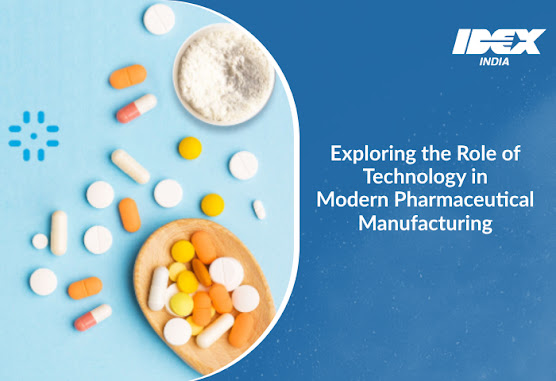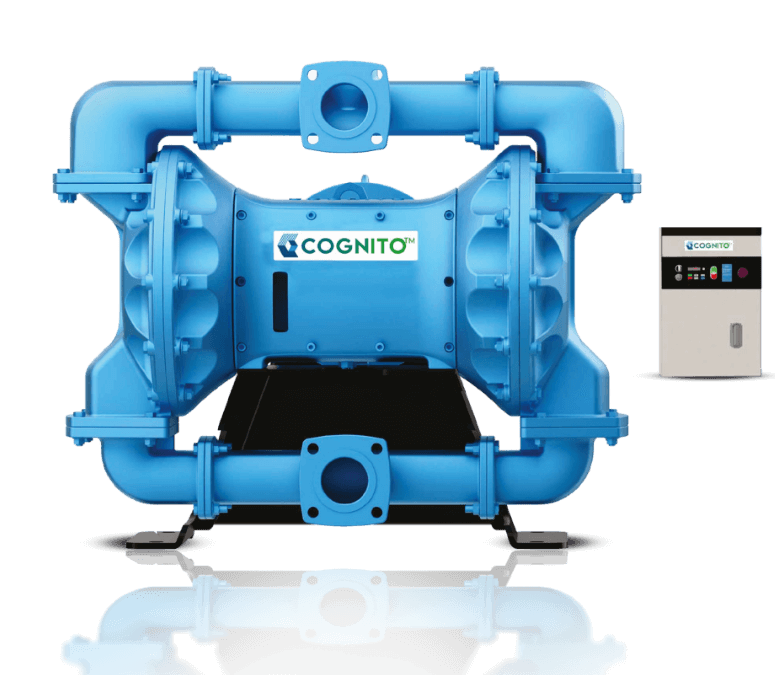Exploring the Role of Technology in Modern Pharmaceutical Manufacturing
 |
| Exploring the Role of Technology in Modern Pharmaceutical Manufacturing |
Modern pharmaceutical manufacturing has
undergone a significant transformation. The domain has evolved way beyond manual
processes. It has now shifted to highly automated systems that are technologically
driven.
Early manufacturing in the pre-industrial
revolution era relied on simple methods. However, the scene changed after the industrial
revolution. The revolution opened new avenues and brought in machinery and
automation into the picture. This enabled mass production.
Today, technological advancements are
revolutionising the industry. Some of these advancements are:
·
Robotics
·
Artificial intelligence
·
Machine learning
·
Internet of Things
These technologies drive Industry 4.0 and Pharma
4.0. They are enabling smart factories with enhanced automation. These
factories are under real-time monitoring. They are operated and optimised on
the basis of data-driven decisions.
This technological evolution has opened
avenues for personalised medicine. The advancements have enabled the production
of customised treatments that can now be tailored to individual patient needs.
Earlier, something like this was not possible. It is the technology that has
enabled this shift.
These advancements have also improved quality
control. They have ensured better compliance with stringent regulatory
requirements.
Key Technologies Revolutionising
Pharmaceutical Manufacturing
The pharmaceutical manufacturing
industry is on a significant transformation curve. This is driven by
cutting-edge technologies. Artificial intelligence (AI) and machine learning
are:
·
revolutionising production
processes
·
optimising parameters
·
predicting potential
bottlenecks
Robotics and automation are streamlining
operations. They are reducing human error. Not just that but they are also increasing
efficiency in many tasks. These include material handling and quality control.
The Internet of Things (IoT) facilitates
real-time monitoring and data analytics. It improves process visibility and helps
ensure product quality. Blockchain technology is also in the picture. It
enhances supply chain transparency and traceability.
The development of new materials like
nanoparticles is proving to be a game changer as well. It is advancing drug
delivery and therapeutic approaches.
These technological advancements are driving
the future of pharmaceutical manufacturing. They are:
·
enabling personalised
medicine
·
improving efficiency
·
ensuring the production of
safe and effective medications
Challenges and Considerations in
Pharmaceutical Manufacturing
Pharmaceutical manufacturing is a complex
industry. It is highly regulated and full of unique challenges.
For starters, stringent regulations from
agencies like the FDA and EMA are there in place. They require meticulous
adherence to Good Manufacturing Practices (GMP). This includes rigorous
documentation and validation processes.
Ensuring consistent product quality demands:
·
meticulous quality control
·
assurance measures
·
rigorous testing
·
continuous process
monitoring
Optimising production processes also has its
own set of challenges. It involves addressing issues like batch variability. Of
course, that must be done while ensuring scalability and maintaining quality.
Managing a global supply chain requires
careful sourcing of raw materials. It also requires navigating complex
logistics and regulatory landscapes.
Integrating advanced technologies like AI and
IoT is also a significant consideration. Continuous manufacturing, another
technological advancement, requires significant investment and adaptation.
Maintaining a skilled workforce is crucial.
It demands people with expertise in various fields, including:
·
Chemistry
·
Engineering
·
Quality control
The industry must continually adapt to
evolving regulatory requirements. It must embrace sustainable manufacturing
practices.
The Role of IDEX MPT Solutions in
Pharmaceutical Manufacturing
IDEX Material
Processing Technologies (MPT) plays a vital role in advancing pharmaceutical manufacturing.
They do so by providing innovative solutions for various processing needs.
Their core technology is high-pressure homogenisation using Microfluidizer®
processors. It generates high shear forces to:
·
reduce particle size
·
create uniform dispersions
·
improve the stability of
formulations
This technology is crucial for:
·
developing drug delivery
systems
·
creating vaccines
·
producing nanoparticles for
targeted therapies
IDEX MPT also offers a range of size
reduction solutions. Those include:
·
dry/wet milling
·
fine/gentle milling
·
sieving
These solutions ensure consistent particle
size distribution. It is a critical factor in pharmaceutical product efficacy
and safety.
IDEX MPT solutions effectively disrupt cells.
This aids in the extraction of intracellular components for biotechnological
applications.
A key strength of IDEX MPT lies in the
scalability of their technology. They ensure consistent results across
different production scales. This ranges from lab-scale research to large-scale
manufacturing.
Their equipment is highly versatile and
customisable. They can be adjusted to meet specific process requirements.
IDEX MPT provides comprehensive global
support and service. They ensure optimal equipment performance and customer
satisfaction.
Conclusion
The pharmaceutical manufacturing industry is
undergoing a transformative time. It is being driven by advancements in
technology. These include fields such as AI, robotics, and continuous
manufacturing. These innovations are leading to enhanced efficiency, improved
product quality, and the emergence of personalised medicine.
IDEX MPT plays a crucial role in enabling
these advancements with its cutting-edge technology in high-pressure homogenisation
and particle size reduction. By providing innovative solutions and supporting
customers with expert guidance, IDEX MPT empowers the pharmaceutical
industry to address the challenges of the future and deliver safe,
effective, and life-changing medications to patients worldwide.



Comments
Post a Comment